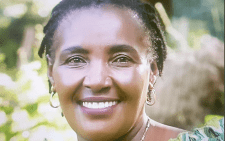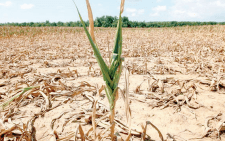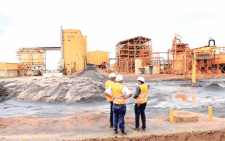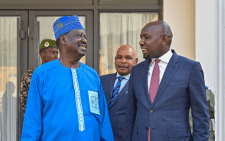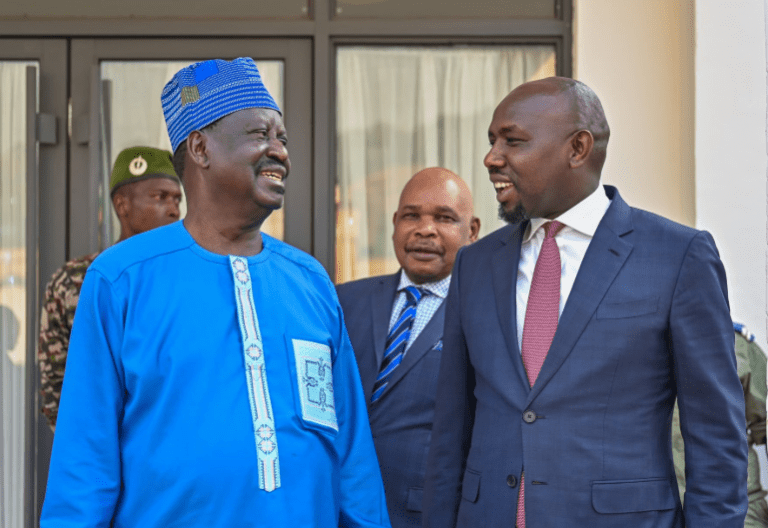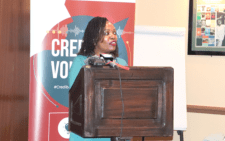Allocate climate reporting more resources, Kananu tells media
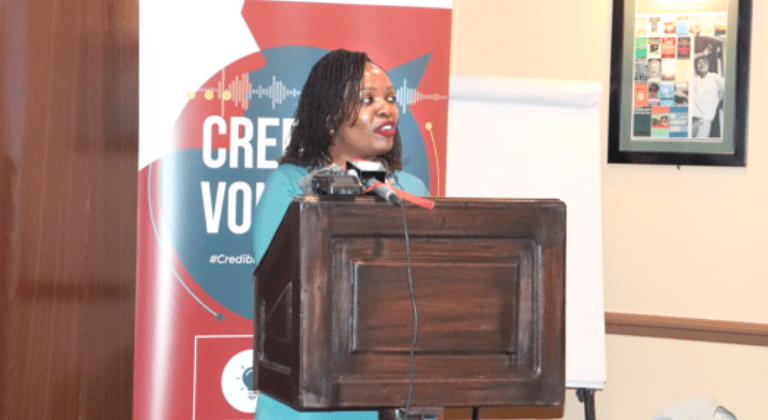
As the world grapples with the escalating impact of climate change, media houses have been urged to allocate more resources toward climate science reporting to enhance public awareness and drive action.
This call was made during a recent media forum on climate change reporting, where experts emphasised the critical role of journalists in shaping the climate narrative.
Speaking during the meeting Kenya Editors’ Guild President Zubeidah Kananu said that climate change reporting is a growing area of specialisation that newsrooms must prioritise and allocate more resources.
“By allocating more resources to climate science reporting, media houses can empower their audiences to make informed decisions and contribute to a sustainable future. As the impacts of climate change intensify, so too must the dedication of the press to cover this existential issue with the depth” she said.
She added that reporting on climate change demands precision and continuous training for journalists. This enables them to grasp the fundamental science and effectively communicate complex research findings. A solid understanding of climate science equips journalists to educate their audiences, empowering communities to make informed decisions.
The urgency of addressing climate change according to her has never been more critical. With extreme weather events, rising temperatures, and biodiversity loss becoming increasingly frequent, accurate and comprehensive reporting is vital to inform communities and policymakers about mitigation and adaptation strategies. Despite its importance, climate reporting often remains underfunded and overlooked, overshadowed by more immediate and sensational news.
“Journalists are the bridge between science and society. But without proper resources, their ability to unpack complex climate issues is limited. We need media houses to prioritise this beat and invest in capacity-building for their teams,” she added.
Speaking at the same event, Nation Media Group Editor-in-Chief Joe Ageyo said that apart from putting more resources, media houses also need to embrace solutions journalism in climate reporting. According to him, highlighting innovative approaches and community resilience can inspire positive action and counteract climate despair.
“For long, journalists have been telling negative stories about climate change for example floods, drought ets. This needs to change because journalists have told negative stories for long. It is time to tell what is working,” said Ageyo.
To encourage more journalists to report on climate change, Kananu said the Kenya Editors Guild has launched a climate change reporting manual. This resource will soon be integrated into academic training programs, marking a significant step toward equipping journalists with the knowledge and tools needed to inform the public effectively.

